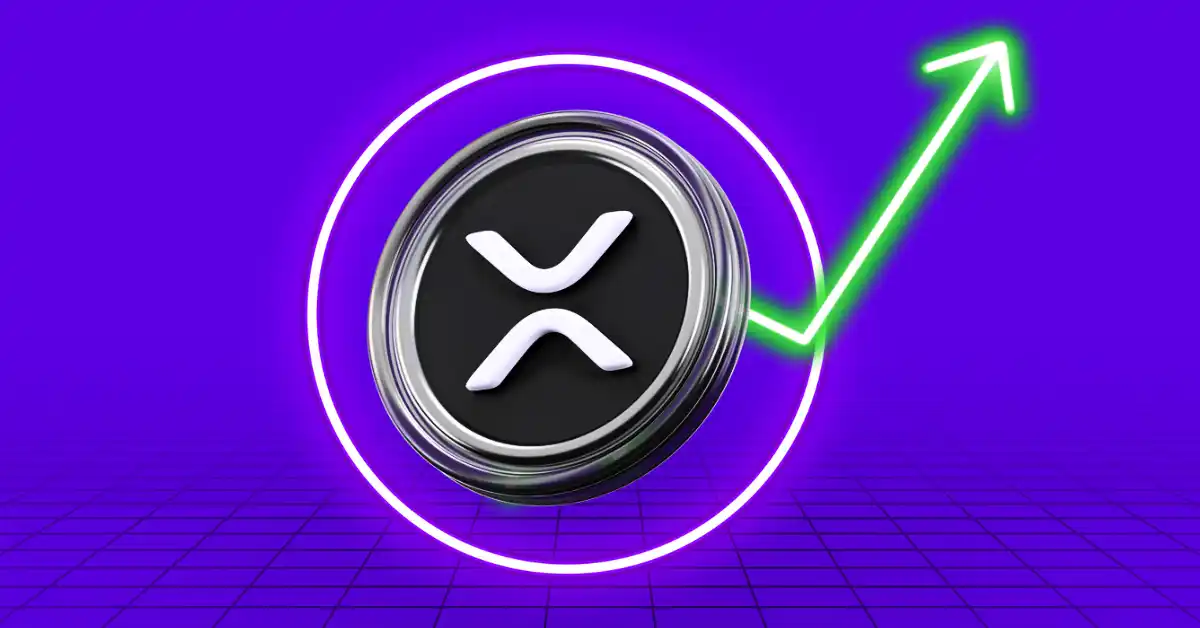A twist in the tale came when, a third-party entity called “Eeon” submitted a motion to intervene in the ongoing lawsuit involving the US Securities and Exchange Commission (SEC), cryptocurrency exchange Binance, and its CEO Changpeng “CZ” Zhao.
This intervention by “Eeon” introduces a new player into the legal battle between the SEC and Binance, signaling their intent to actively participate and protect their interests in the proceedings. The involvement of “Eeon” adds a fresh dynamic to the case, emphasizing the complexity and significance of the ongoing lawsuit.
Eeon Intervenes in SEC Lawsuit, Claims Binance Customers’ Representation Lacks Adequacy
The SEC had previously filed a lawsuit against Binance Global, Binance.US, and CEO Changpeng Chao “CZ” last month, bringing 13 charges including misleading investors and securities law violations. Now, “Eeon” has filed a motion to intervene in the case on behalf of Binance customers, claiming that their interests have not been adequately represented.
“We are the proper parties to this matter as we have been identified by the Court in its Order issued on June 17, 2023 – as “Customers.” We are not just any “Customers” as we are stakeholders, investors, and owners of our cryptocurrency held by Binance and its subsidiaries and we do feel that our interests were not taken into consideration.“
Based in Nevada, “Eeon” argues that cryptocurrencies should be categorized as commodities rather than securities. They contend that these digital assets are predominantly used for personal and household purposes, thus falling outside the realm of commercial regulations.
Moreover, “Eeon” asserts that the SEC lacks jurisdiction over cryptocurrencies and points out the absence of tailored regulations for this emerging asset class. Adding to their claims, “Eeon” accuses Binance of blocking customer’s access to their crypto assets without prior notice and exercising control over the keys, exacerbating the situation.
They criticize the SEC for prioritizing punitive measures over investor protection and dismiss the allegations of customer involvement in money laundering as unsubstantiated. To address these concerns, “Eeon” has requested the court to grant customers access to their frozen assets on Binance’s platforms.
“The Court speaks as to the holding of our funds and wallets, and how Binance US, was commingling funds from the United States with that of its overseas affiliates. Now although there was nothing illegal in and of itself with such activities, the moving of funds offshore is a common practice and the practice is not considered money laundering.”
Third-Party “Eeon” Seeks Damages in Binance-SEC Lawsuit, Citing Investor Frustration
As part of their counterclaim, “Eeon” seeks damages from Binance and the SEC. They propose a daily payment equivalent to 20% of the withheld funds compounded per day, amounting to $1000 per customer per day. Additionally, they demand equal responsibility for penalties, with the SEC paying $500 and Binance and its subsidiaries paying $500 for their alleged actions.
Customers affected by the lawsuit express frustration with the sudden actions taken by the SEC without concrete evidence or well-defined crypto regulations. They argue that these legal proceedings have disrupted their daily activities and investments in Binance and cryptocurrencies.
Eeon suggests that the court could have considered freezing a portion, potentially 50%, of crypto assets to allow customers access to at least a fraction of their holdings.
Drawing on their claimed 30 years of experience in court cases, “Eeon” references a previous court filing against the US Federal Reserve System in 2018 to support their arguments.
The intervention by “Eeon” injects a fresh dynamic into the ongoing legal battle between Binance, the SEC, and now the US Federal Reserve. This development underscores the complexities surrounding cryptocurrency regulation and the potential ramifications for investors and the broader industry.
Credit: Source link















































